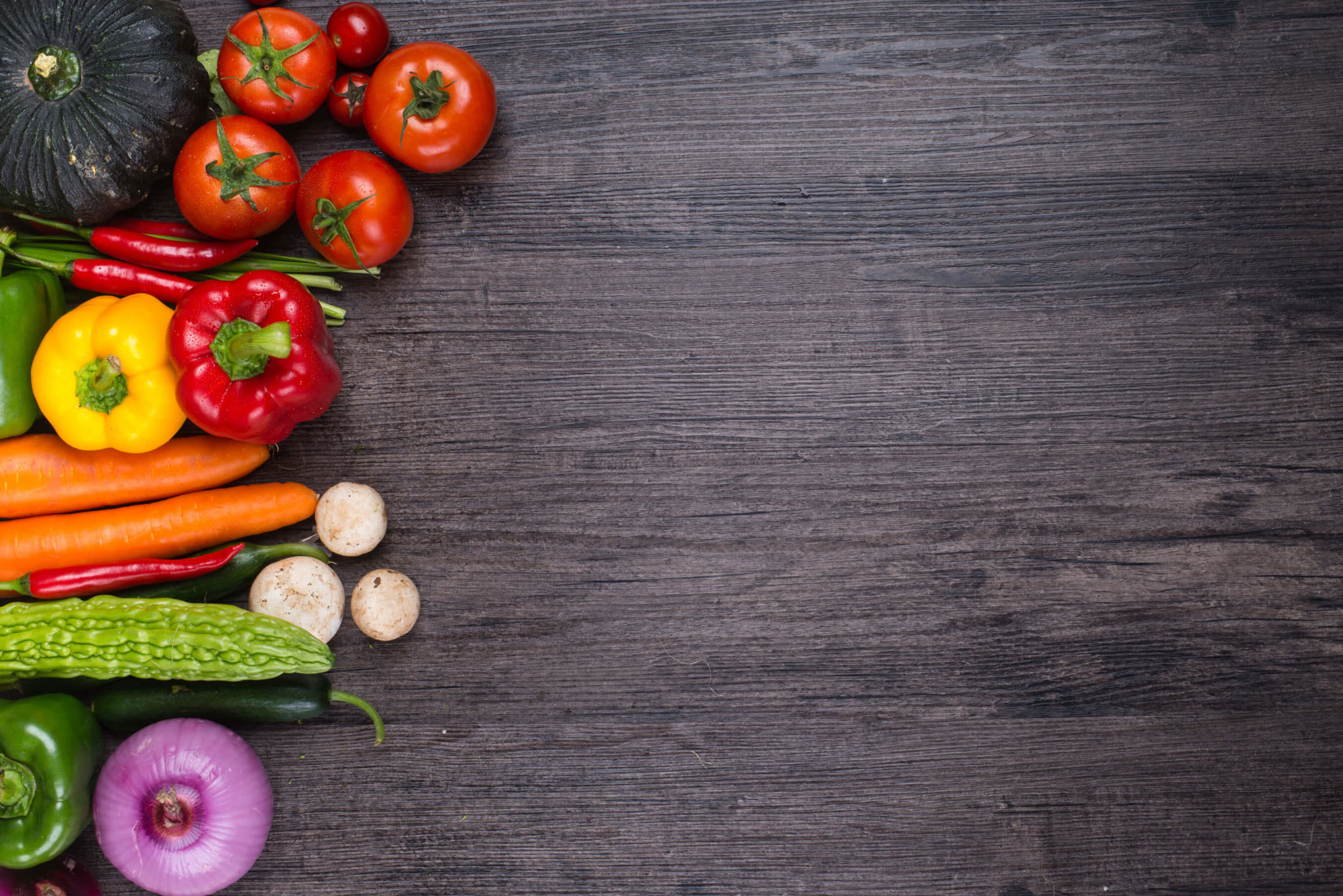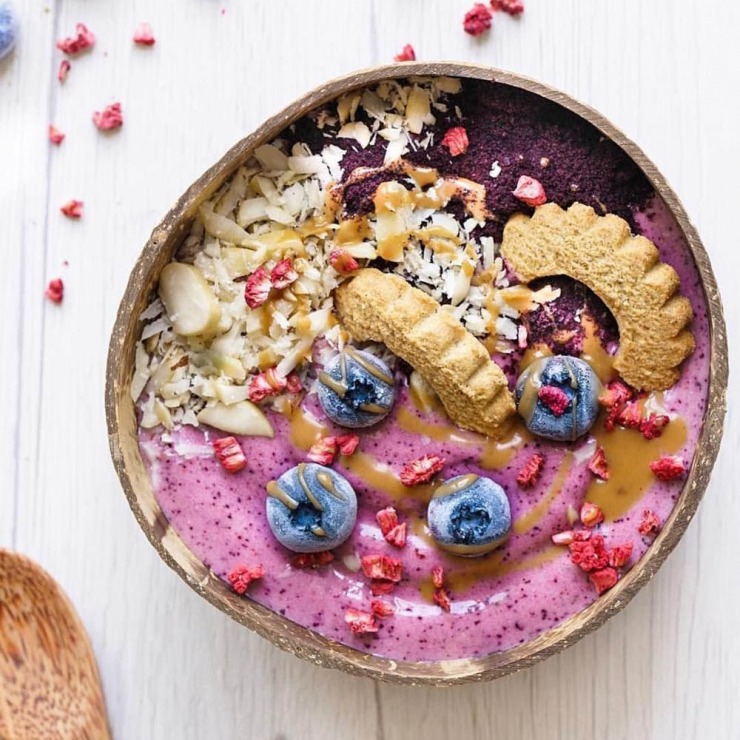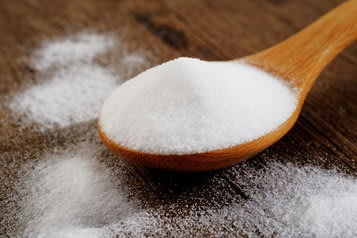Source : http://enallaktikidrasi.com
Many articles have been written about the anti-cancer effects of various foods. So we thought we’d put them all in a single list so you can consult it and it’s easily accessible. By adding these foods to your daily diet, you can greatly reduce the chances of you or your loved ones getting sick.
Cancer foes Phytochemicals are thought to be responsible for the anti-cancer activity of many foods. Essentially, these are elements that shield plants against microbial invasions and infections, while also protecting our own bodies by protecting the nutrients of food during digestion so that they reach the small intestine intact and are absorbed by the body. They have antioxidant activity and appear to help reduce the risk of cardiovascular disease, cancer and other chronic diseases. Phytochemicals (mainly found in fruits and vegetables) include polyphenols, flavonoids and carotenoids, among others.
Bitter almonds
Vitamin B17 is perhaps nature’s most powerful anti-cancer vitamin. Their bitter taste has made them undesirable, but their anti-cancer value is great.
Care should be taken when consuming them, because they contain cyanide. But don’t worry. To die, one must consume large quantities within a few hours. Three to five bitter almonds a day is enough.
And yet it is not the apricot itself that is anti-cancer, but … its pit. It has exactly the same properties as bitter almond, although it is claimed to have an even higher content of vitamin B17. Follow the same method with the bitter almonds. So when their time comes, don’t throw away the seeds. To preempt your question, inside the pith is the flea. That’s what we eat. So break it with a hammer and… bon appétit.
These are spices known for their anti-inflammatory and antioxidant properties. In recent years, however, studies have been conducted to investigate its connection with cancer prevention. Scientists believe that the low rates of certain cancers in India, as opposed to high rates in western countries such as the US, are due to the increased consumption of turmeric by Indians. In fact, researchers from the University of Texas Cancer Center demonstrated in a study published in 2009 that curcumin (a substance found in turmeric) has the ability to “separate” cancer cells from normal cells and kill cancer cells. So add it where possible. Curry is part of turmeric, since turmeric is a mixture of spices.
The anti-cancer effect of tea is due to the polyphenols it contains, known as catechins. Studies suggest that green tea may prevent the development of tumours, particularly cancers of the breast, lung, oesophagus, colon and skin. Recent research from the University of Alabama at Birmingham, USA, has concluded that green tea polyphenols also protect against skin cancer, thanks to their ability to ‘repair’ DNA damaged by the sun’s UV radiation.
Tip Include 2-3 cups of green tea in your daily routine.
Garlic, like onion, is a food rich in polyphenols and sulphur-based compounds, which are thought to inhibit the development of cancer (mainly of the oesophagus, stomach and colon). In fact, recent research from the Department of Biochemistry at the University of Alexandria in Egypt links garlic consumption with reduced breast cancer.
The catechins and procyanidins (powerful antioxidants) in cocoa reduce oxidative stress and chronic inflammation, risk factors for cancer and other chronic diseases. Although more studies need to be done to prove the anti-cancer effects of cocoa, dark chocolate (which contains up to 75% cocoa mass) seems to have a place on the list of foods thought to protect against cancer.
Tip Two pieces of dark chocolate a day can replace other sweets and contribute to your body’s health at the same time.
Fatty fish (e.g. sardines, salmon, mackerel), as well as nuts (especially walnuts), are foods rich in omega-3 fatty acids, which appear to have anti-cancer properties. Research links regular consumption of these fatty acids with protection against colon, breast and prostate cancer. In fact, according to a recent meta-analysis by the Department of Urology at McGill University in Montreal, people who regularly consume omega-3 fatty acids have a 63% reduced mortality rate from prostate cancer.
Cruciferous vegetables (e.g. cabbage, broccoli, cauliflower, Brussels sprouts) are thought to protect against various types of cancer, mainly of the colon, lung and stomach. Scientists are talking about a dramatic reduction in the risk of cancer in people with a diet rich in fruits and vegetables, specifically cruciferous vegetables, because of the phytochemicals they contain. In fact, a recent study from the University of Michigan concluded that the substance sulforaphane (the source of which is broccoli) helps the body get rid of cancer cells associated with the development of breast cancer.
Tip Eating 3-4 portions of cruciferous vegetables per week is thought to protect mainly against colon and breast cancer.Tomato
Tomatoes are considered an excellent source of nutrients thanks to their lycopene content (a phytochemical with strong antioxidant activity). Lycopene, apart from the characteristic red colour of tomatoes, has the ability to destroy free radicals, which cause damage to the DNA of cells and lead to the development of chronic diseases. Recent studies have even linked this substance with protection against various forms of cancer, especially prostate cancer. According to research, most of the lycopene we consume comes from tomato-based products (e.g. tomato paste, tomato juice, pasta sauce, ketchup).
Prefer tomatoes in juice or cooked with vegetable oil such as olive oil for maximum yield.
Wheatgrass contains a huge amount of chlorophyll. What does this mean?. It means that it contains a huge amount of oxygen. So, as we all know, cancer does not have a good relationship with oxygen. Miraculous wheatgrass is ideal for a variety of conditions, including cancer.
Yes! Well read! Baking soda is derived from a natural mineral and is one of the safest and most useful products.
Dr Tullio Simonici and Mark Sircus advise the use of baking soda, even for the most serious of its diseases: cancer!
Unfortunately, despite all the evidence proving that baking soda does indeed have enormous potential, such as effective and non-toxic treatment of cancer, conventional medicine refuses to accept it, since baking soda will never provide huge profits for pharmaceutical companies.
The professor of pathology at the University of Athens, Mr.S. Karagiannopoulos, based on numerous studies, says that selenium – it is a trace element like iron – is anti-cancer.Have you seen any doctor giving it to his patients? Tell me so I can say bravo.
China conducted a study of 300,000 people together with Cornel University in the US on selenium over 10 years. Have you seen the study published anywhere? The results were impressive.






